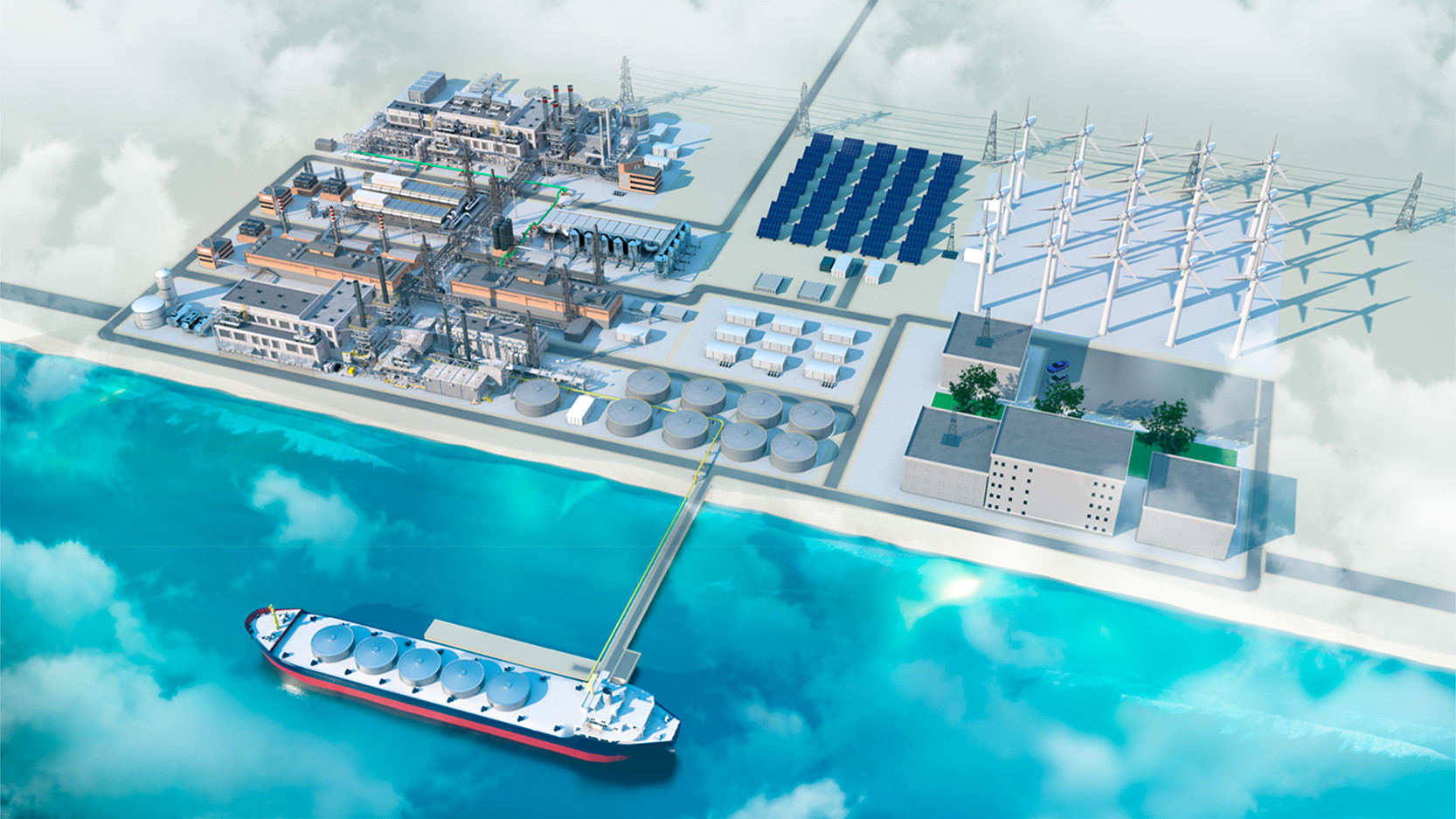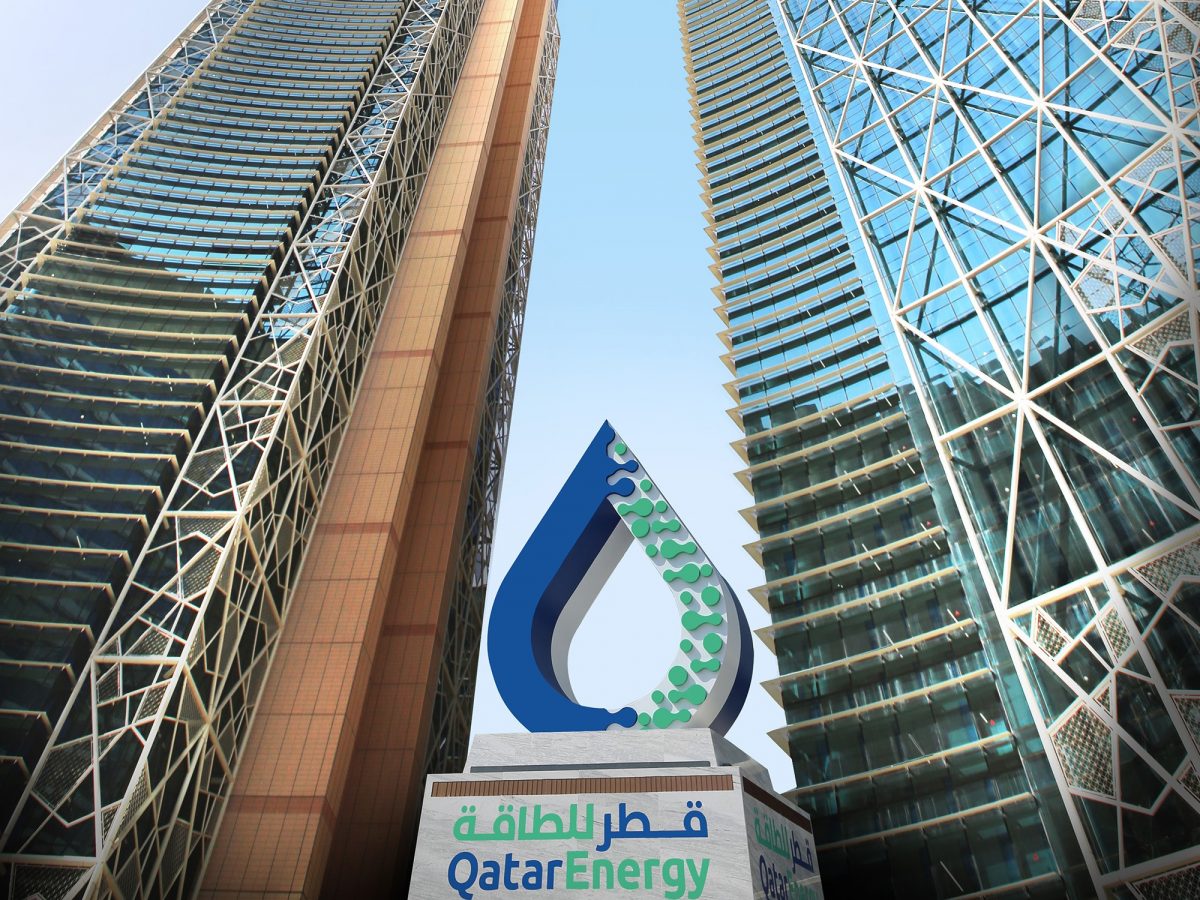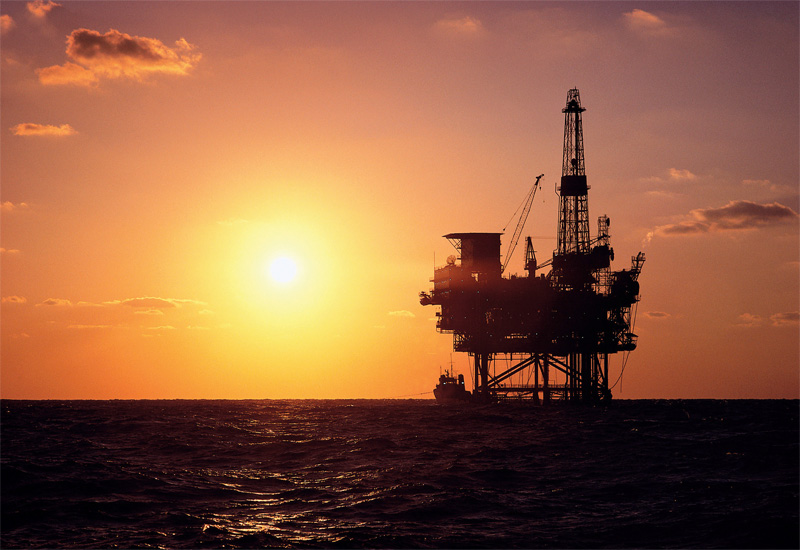The Gulf region, boasting approximately 34% of the world’s proven crude oil reserves, is witnessing significant investments in the refining sector, amounting to over $40 billion. These projects aim to address rising domestic demand and diversify the region’s economy by enhancing the downstream sector and exporting more refined products, particularly to Europe.
Here are the top five ongoing downstream projects shaping the Gulf’s refining landscape, based on information provided by DMS Global:
Al Zour New Refinery
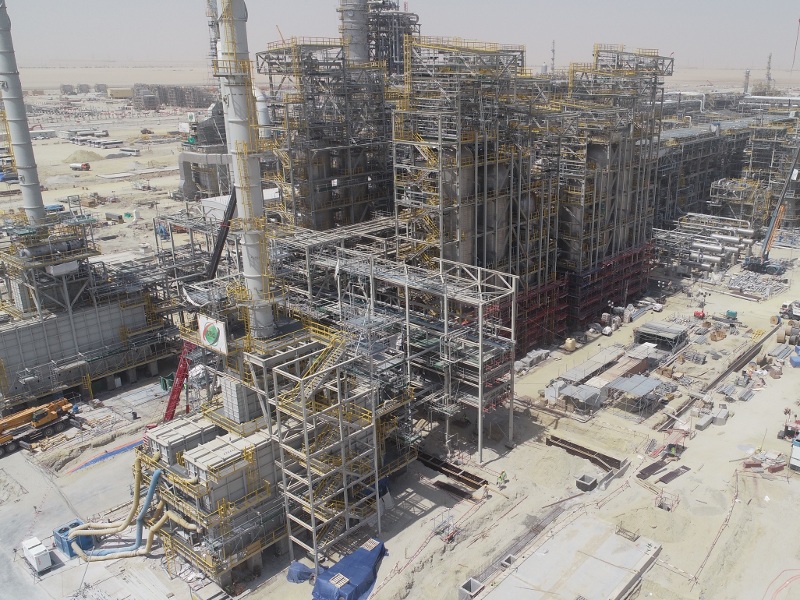
Costing $16 billion, this project is undertaken by Kuwait Integrated Petroleum Industries Co (KIPIC), an affiliate of Kuwait Petroleum Corp. The refinery is designed to process heavy crudes and is equipped with three crude distillation units (CDUs). The facility, once fully operational, will supply 225,000 b/d of low-sulphur fuel oil for power generation, meeting Kuwait’s growing power demand. It is set to become the second-largest operating refinery in the GCC region.
Aramco’s Ras Tanura and Riyadh Refineries
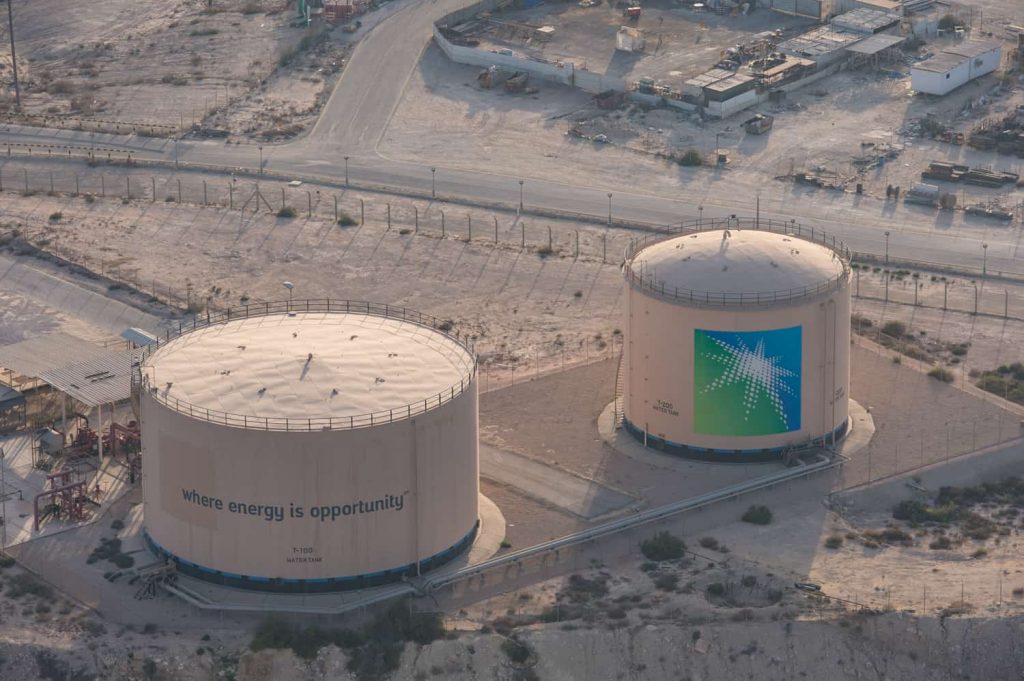
Saudi Arabia has invested in three multi-billion dollar greenfield refineries over the last decade: Jazan, Jubail (SATORP), and Yanbu (YASREF). The focus now is on improving fuel quality to meet Euro-V specifications, with clean fuels projects underway at Ras Tanura and Riyadh refineries. These projects will significantly enhance the country’s refining capabilities.
ADNOC’s Crude Flexibility Project
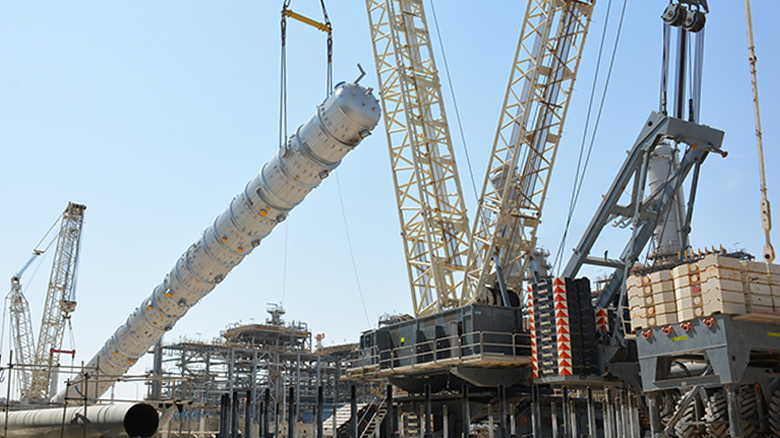
With a budget of $3.5 billion, ADNOC’s Crude Flexibility Project in Ruwais aims to enhance the processing capabilities of its refinery. It will allow ADNOC to refine heavier and sourer grades of crude, increasing flexibility and value in selecting feedstock. This project will also boost the volume of premium grade Murban crude available for export.
BAPCO Modernisation Program
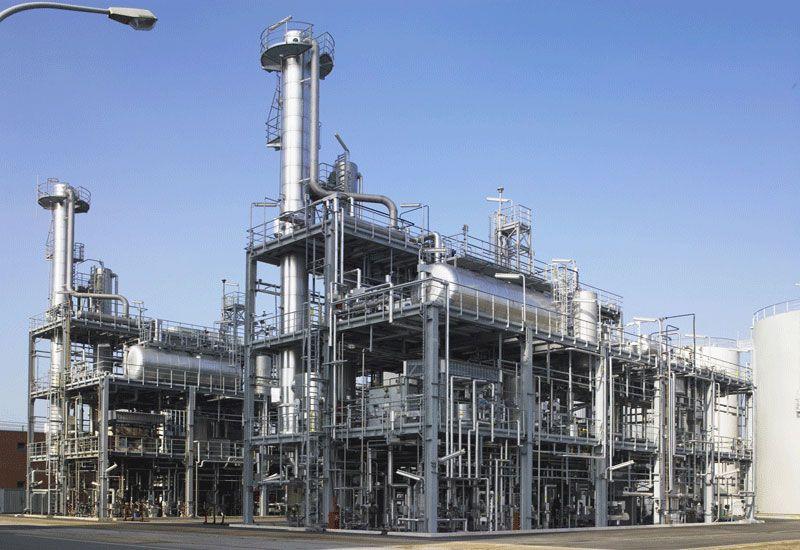
Bahrain’s Bapco Modernization Program, with a budget of $6 billion, seeks to increase the country’s only oil refinery’s processing capacity from 267,000 b/d to 360,000 b/d. Aging facilities will be updated to meet future challenges, leaving a lasting legacy and having a multiplier effect on the region.
Duqm Refinery & Petrochemical Complex
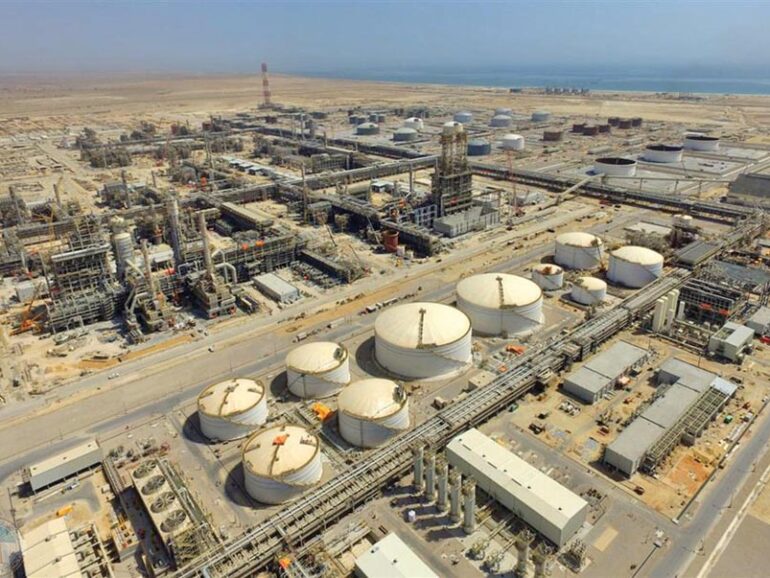
The Duqm refinery, with a capacity of 230,000 b/d and a budget of $7 billion, is a key part of the Duqm area’s development. It will process crude oil from both Kuwait and Oman, producing diesel, jet fuel, naphtha, and LPG. The project is expected to have a significant impact on the refining and petrochemical industries in Oman.
These refinery projects are not only meeting the region’s growing energy needs but also transforming the Gulf’s role in the global refining landscape. As these facilities come online and expand, the Gulf region is poised to play a crucial role in meeting the world’s energy demands for years to come.


